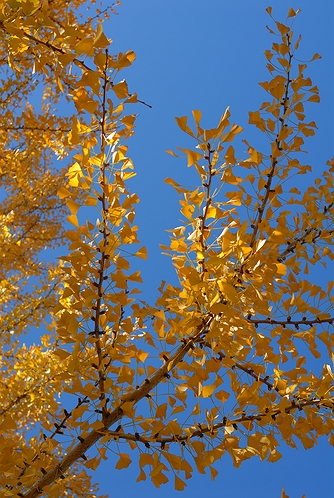Naturopathic health
Asthma Alternative Treatments
Asthma Herbal Remedies & Complementary Therapies
Throughout history, herbal remedies and other complementary medicines have been used to treat asthma and wheezing. Asthma is a chronic disease that affects your airways. If you have asthma, the inside walls of your airways become sore and swollen. That makes them sensitive, and they may react strongly to things that you are allergic to or find irritating. When your airways react, they get narrower and your lungs get less air. This can cause wheezing, coughing, chest tightness and trouble breathing, especially early in the morning or at night. Asthma can stem from a number of different causes. When asthma symptoms become worse than usual, it's called an asthma attack. In a severe asthma attack, the airways can close so much that your vital organs do not get enough oxygen. People can die from severe asthma attacks. There is often an allergic component that triggers asthma attacks. In some cases the cause may be solely genetic while in others it may be an acquired reaction to an irritant
Asthma lifestyle and diet:Asthma sufferers have increased in number throughout the western world. The modern era puts a huge amount of stress on the body. Many of the things we take for granted in our life did not exist 50 or 100 years ago. Our ancestors did not received x-rays and microwaves from TV sets, mobile phones, microwave cookers and clinical x-ray machines. They did not have cling film and plastic bags. They did not drink instant coffee and diet cola, consume GM crops, heavy with pesticides and herbicides and 'benefit' from food additives. They did not drive at 70 miles per hour in busy traffic! And while they did not receive the benefits of modern medicines they were also denied the side effects. The human being evolved in a much simpler era and naturopaths strive to recreate the more beneficial aspects of a simpler lifestyle and diet.
The lifestyle section of this website has many suggestions for diet and lifestyle which can potentially have real benefits for asthma sufferers
In predisposed people tension, anxiety, hyperactivity or other stress factors can trigger an asthma attack. There are also specific foods that can encourage allergic reactions such as cow's milk products, coffee, pork products, white sugar, yeast products, vitamin B supplements, pickles, acid foods, animal fat and alcohol(especially red wine, port and sherry). Herbal treatments for asthmaAsthma will respond well to herbal treatment but it is not advisable to give suggestions for herbs that will work in all cases. We therefore recommend that you find a herbalist or naturopath in the relevant section of this website. Ginkgo Biloba is currently being researched by the American government to investigate its benefits for asthma sufferers. Ephedra (Ephedra Sinica) has been described as the Chinese herbal equivalent of salbutamol.the most widely prescribed drug for treating acute asthma. However as the principal active ingredient, ephedrine, is an amphetamine-like compound that can powerfully stimulate the nervous system and heart, this product is now banned in America and should only be prescribed by a qualified herbalist in the UK Herbs that can help reduce spasm and ease breathing include Lobelia, Spurge, Sundew and Wild Cherry Bark Expectorants such as Aniseed, Coltsfoot, Comfrey Root, Licorice and Senega can help with the removal of phlegm. And where attacks are brought on by nervous reactions then herbs such as hawthorn can help with hypertension and valerian can help reduce anxiety Other naturopathic treatments and asthmaRelaxation techniques can help reduce stress and tension. Qi Gong is a useful starting point. Asthma responds particularly well to acupuncture Homeopaths also treat asthma and can be particularly effective in helping chronic sufferers needing a fresh approach. Because naturopathic treatments look at the whole person and treat holistically, often individual aspects of the treatment do not stand up to conventional clinical trial using double blind sampling techniques. Naturopath's treat the whole person not just the disease or condition. That's why you cannot use this site for diagnosis or treatment. The information we provide should not be treated as a substitute for medical advice or treatment. We recommend that you visit a qualified naturopath or find a GP who is sympathetic to a naturopathic approach. Click here for our full disclaimer. |
Ailments
Information Ginkgo Biloba Herbal Remedy Information coltsfoot herbal remedyInformation Licorice herbal remedy Information hawthorn herbal remedyInformation valerian herbal remedy |
|
|
|
|
If you're starting to move towards a healthy diet and you want to take a major step forward then a detoxification programme can make a big difference. Click on the link below to find out more. Healthy Recipes Juicing SupplementsBach Flower Herbal Acupuncture Homeopathy DetoxificationMassage Qi Gong Nutrition & Diet Iridology Tissue Salts |
|
|

[Herbal Remedies][Ailments][Naturopathy][Contact][Community][Lifestyle][Home][Research]
Sponsored by Organic Herbal Remedies - Organic Herbal Tinctures








